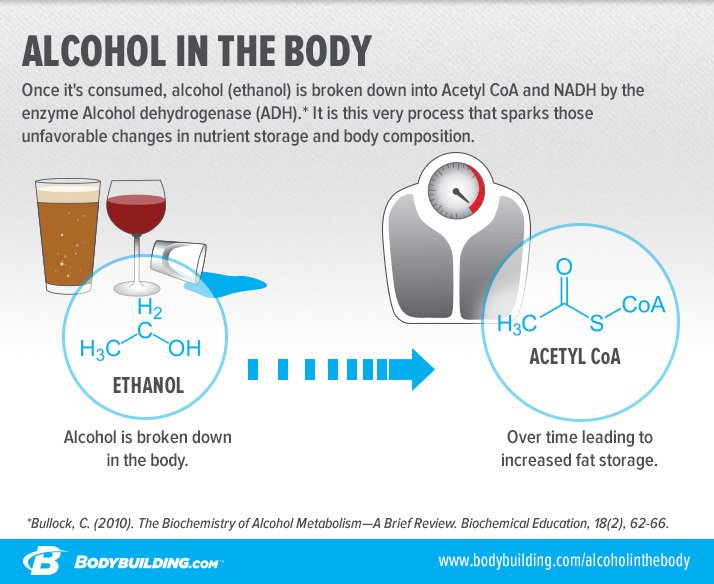Uncover the secrets of alcohol metabolism and discover exactly how many beers it takes to get drunk based on weight.

Image courtesy of Airam Dato-on via Pexels
Table of Contents
Alcohol consumption is a common social activity that raises the intriguing question: ‘how many beers does it take to get drunk?’ The answer to this question is not as straightforward as one might think. In order to understand the science behind intoxication, it is crucial to delve into alcohol metabolism, individual tolerance levels, and various influencing factors.
Alcohol Metabolism
When you consume alcohol, it enters your bloodstream and travels to various organs in your body, including the brain. The process of alcohol metabolism begins in the liver, where enzymes such as alcohol dehydrogenase and acetaldehyde dehydrogenase work to break down the alcohol into harmless byproducts. However, the rate at which your body metabolizes alcohol can vary based on several factors.
Individual Tolerance Levels
One of the key determinants of how many beers it takes to get drunk is an individual’s tolerance level. Tolerance to alcohol can be influenced by a variety of factors, including genetics, body weight, gender, age, and overall health. Individuals with a higher tolerance to alcohol may require more drinks to feel intoxicated compared to those with a lower tolerance.
Genetics play a significant role in determining how efficiently your body metabolizes alcohol. Some people may have genetic variations that affect the activity of enzymes involved in alcohol metabolism, leading to faster or slower processing of alcohol in the body. Additionally, body weight and composition can impact how alcohol is distributed throughout the body and how quickly it is metabolized.
Factors Influencing Intoxication
Aside from individual tolerance levels, several external factors can influence how drunk a person may feel after consuming alcohol. The speed at which alcohol is consumed is a critical factor, as consuming drinks rapidly can lead to a faster increase in blood alcohol concentration.

Image courtesy of via Google Images
Mixing alcohol with other substances, such as energy drinks or medications, can also have a significant impact on intoxication. Certain substances may interact with alcohol and either enhance or diminish its effects, making it difficult to predict how many beers it takes to get drunk in such situations.
Food consumption can also influence intoxication levels. Eating a meal before or while drinking alcohol can help slow down the absorption of alcohol in the bloodstream, potentially reducing the likelihood of feeling drunk after consuming a certain number of beers.
Conclusion
Understanding the science behind alcohol metabolism, individual tolerance levels, and influencing factors is essential for making informed decisions about alcohol consumption. While the question of how many beers it takes to get drunk may vary from person to person, being aware of these factors can help individuals gauge their limits and practice responsible drinking habits.
By prioritizing safety and well-being, individuals can enjoy socializing and consuming alcohol in a responsible manner. Remember, it’s always better to err on the side of caution and know your limits when it comes to alcohol consumption.
FAQs
How does body weight affect alcohol metabolism?
Answer 1: Body weight can impact alcohol metabolism as it affects how alcohol is distributed throughout the body. Generally, individuals with higher body weight may require more drinks to feel intoxicated compared to those with lower body weight.
Are there genetic factors that influence alcohol tolerance?
Answer 2: Yes, genetics play a significant role in determining alcohol tolerance. Genetic variations can affect the activity of enzymes involved in alcohol metabolism, leading to variations in how quickly alcohol is processed in the body.
How does food consumption affect intoxication levels?
Answer 3: Consuming food before or while drinking alcohol can slow down the absorption of alcohol in the bloodstream. This can potentially reduce the rate at which alcohol affects the body, influencing intoxication levels and the number of drinks required to get drunk.
What other factors can influence intoxication besides tolerance levels?
Answer 4: Factors such as the speed of alcohol consumption, mixing alcohol with other substances, and certain medications can influence intoxication levels. These factors can impact how quickly alcohol is absorbed and metabolized in the body, affecting the overall level of intoxication.
Powered by Texta.ai Blog Automation
Leave a Reply